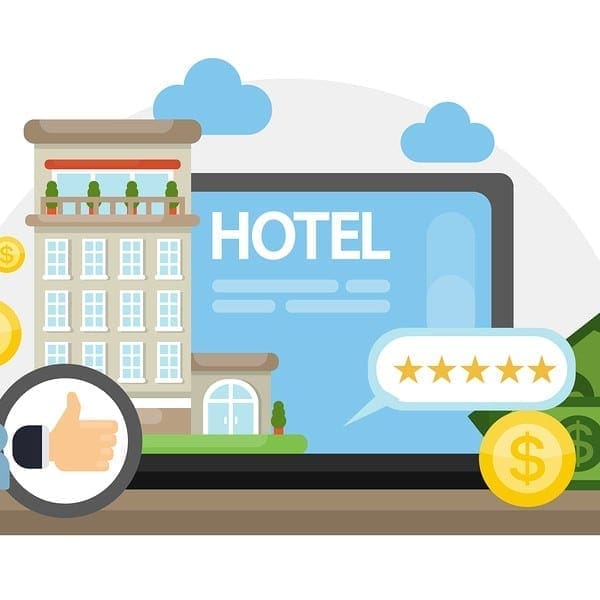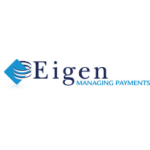
Hotel management teams strive to make their properties the best in the area to attract new and returning guests. It’s why you may spend your time trying to get ahead of your competitor’s next move by investing in modern amenities or redesigning your interior layout. Everything you do potentially gets you closer to greater success, but only if hotel operators fully understand what their property offers.
In-house restaurants and spas may pull in profits from guests and people off the street, but room rates make the majority of a hotel’s financial returns. Those rates fluctuate with time, depending on how an operator handles various influences on the management’s revenue strategy.
Here are five factors that can affect the price of your hotel room. When you know what to keep in mind, you can create an effective plan to balance ever-changing room rates and keep them competitive.
1. The location of nearby attractions
Many popular hotels are built next to major attractions. Visitors to theme parks, big cities and vacation spots need a place to stay, so they’ll pay more if they get to book a room close to what they want to do. Most other hotels are in smaller cities or beside remote stretches of highways. If that’s the case for you, keep an eye out for developments in your area.
New attractions like a restaurant or mall could be a reason to raise the price of your room rates. If yours is the only hotel in the area next to a popular restaurant chain, people will book with you because they know they can get their favorite food right next door.
2. The state of the economy
Over the past decade, the economy has grown at a steady rate as it recovered from the 2008 recession. When it flourishes, people have more money to spend, so it’s reasonable to increase room rates. Monitor the local, national and global markets to understand if your guests are in a place to spend more money than in previous months.
3. The use of technology
Hotel tech goes beyond what kind of TV guests have access to and how fast the Wi-Fi is. Software programs can increase room rates and pull in more guests at the same time. In the modern age of technology, people will pay more for guaranteed cybersecurity, especially when they trust a hotel with their payment information. Clarifying how you protect personal data will build trust with visitors and give them more reason to pay a bit higher for a room.
4. The hotel’s overall cleanliness
Cleanliness makes or breaks a hotel’s reputation. Poor hygiene results in terrible online reviews, which turn more potential guests away. Prevent this from happening by upgrading your hotel’s standard of cleanliness and teaching staff how to inspect a room for pests.
If a resulting problem occurs — which is sometimes beyond anyone’s control — rid your property of infestations by relying on a professional exterminator. The faster hotel operators stop pest problems, the sooner you can get back to increased room rates that match the higher standards of your property.
5. The type of room
Management teams should consider each type of room before assigning a price. A small room that contains only a queen bed and a TV is worth much less than a penthouse suite. Rates should rise only after things like a coffee bar, new mattresses or a reimagined interior design are added. Guests will look forward to the improved experience and pay a bit more for the quality.
Rethink your strategy
Hotel operators decide on a room rate based on strategy, but remember that several outside factors influence how effective it is over time. Rethink your approach if you haven’t considered things like hotel cleanliness or the state of the economy. Adjusting for each of these factors will make your room rates more competitive and increase the success of your property.






























